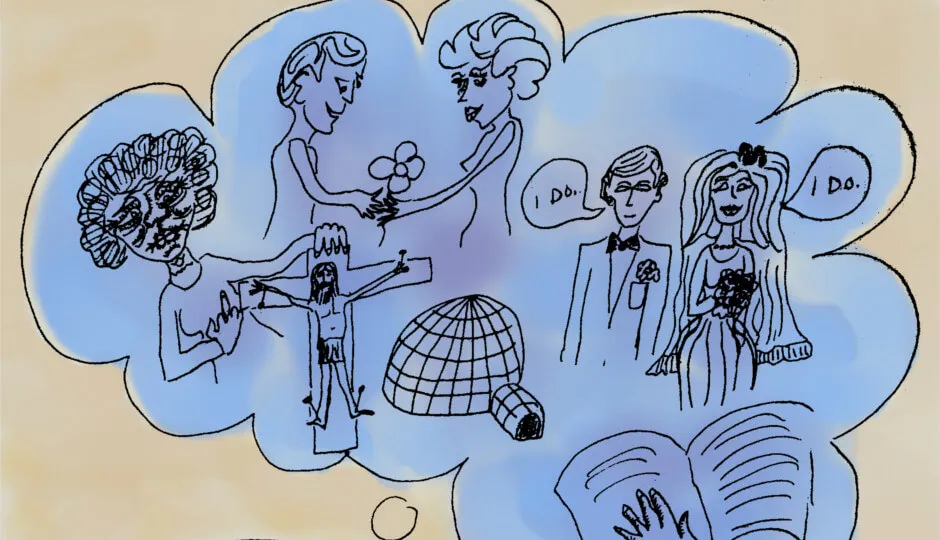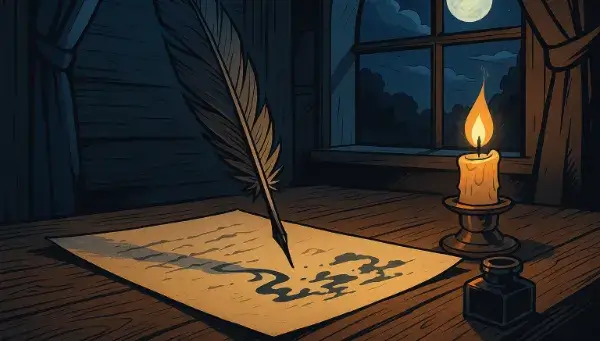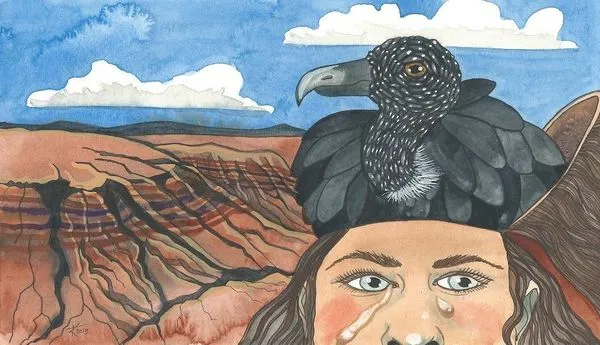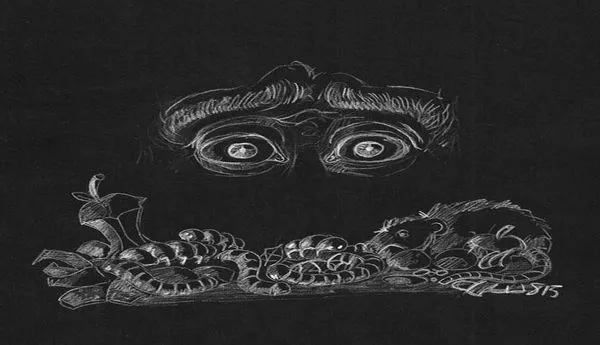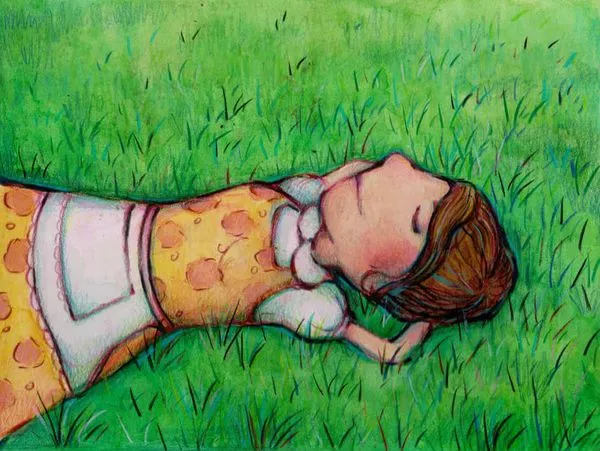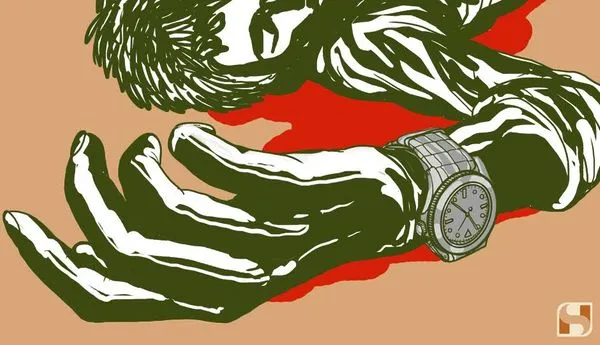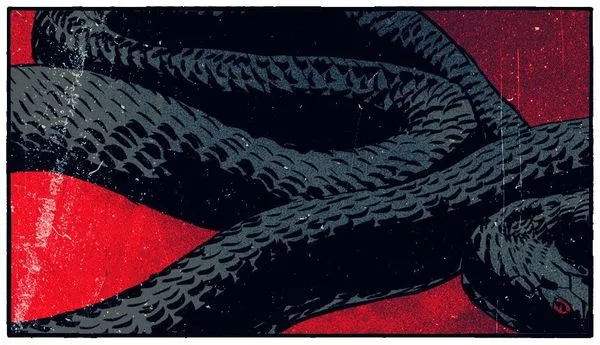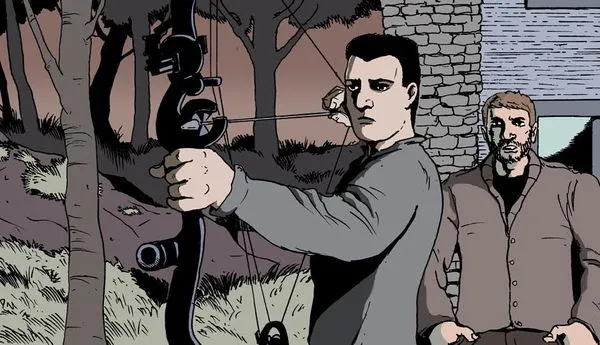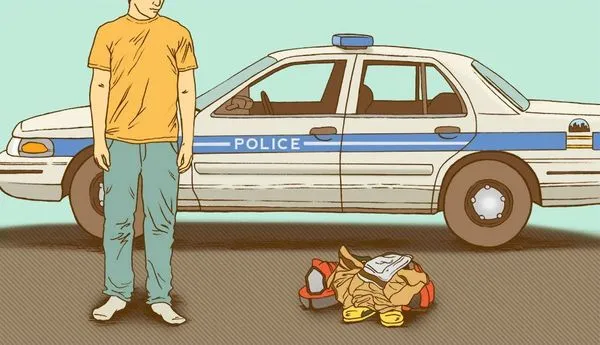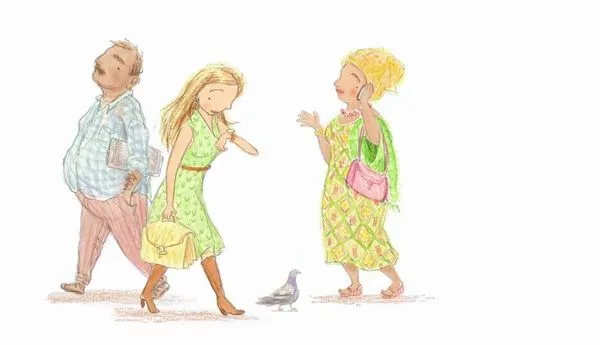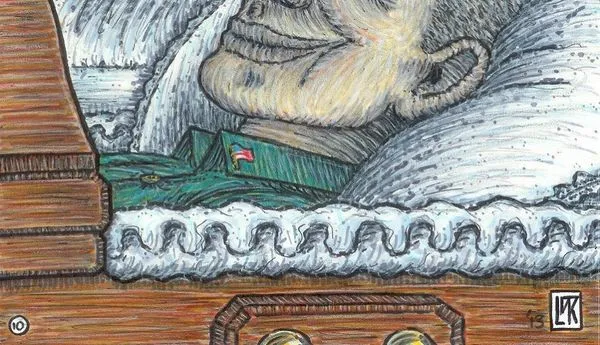And It Was All Terrible, in the End
Published on 2016-11-25
Kaia grows up writing. She goes from writing about her parents to writing about breakups to writing about feminism to writing about the people who ride public buses to writing about divorce. After that she writes nothing, because she’s dead. It doesn’t matter how. Kaia grows up wealthy, but she doesn’t stay that way, because her father dies when she’s sixteen. It doesn’t matter how, except that his considerable medical expenses bankrupt the family. Her father is a botanist from Ontario. He loves old movies and sushi and botany and Kaia’s mother, who’s a botanist from South Carolina. Kaia’s mother loves swimming and old movies and her three ex-husbands.
After Kaia’s father dies and bankrupts the family, she and her mother move from Seattle, Washington, to Webber, South Carolina, where they live with her grandmother, who is very old. Kaia learns to call her Grandmom.
Kaia has the sort of rambling charisma that knocks people on their asses, but she sometimes doubts the strength of her own words. She doesn’t get her period until she’s fourteen. Don’t worry, don’t worry, it’ll come eventually, says her father. And then you’ll really be complaining, says her mother. It’s right around this time that Kaia starts writing.
Grandmom hates Jesus. You don’t really hate Jesus, do you? Asks Kaia. You just mean you don’t believe he was really the son of God, right? No, replies Grandmom, I hate him. The world was much better off under the Pagans. Grandmom goes to yoga three times a week and smokes cigarettes the rest of the time. She says she wishes she’d been born an Inuit. The Inuits know how to live, she says. Their shamans still sit in the smoky darkness of igloos, telling tales of the Anirniit. Grandmom explains that the Anirniit is the spirit of a thing; an animal, a mountain, a fetish. Now there, she tells Kaia, is something for your stories. Kaia’s mother tells Kaia not to listen to Grandmom. Kaia ignores her. She rarely speaks to her mother. Kaia’s mother tells her that silence is fine by her, she’d rather have silence then talk to an ungrateful little brat, anyway.
In the years following Kaia’s death, her mother regrets this estrangement. She sits up late at night with books she doesn’t read, wondering about all the things that might have been said. Go back to sleep, says her husband, laying next to her in bed. Turn off that damn light.
In Norway after college, Kaia meets William. He wears thick glasses and a goatee and speaks in good English about basketball. His favorite player is Allen Iverson. Kaia never forgets the way his hoarse voice sounds in the darkness away from the fire on the night they meet. She writes about it in the only poetry collection she ever manages to get published. Less than three years after they meet, Kaia and William are married. Their wedding is in Norway. It is very beautiful and moving. Less than two years after that, they are divorced. It doesn’t matter how, except that Kaia is devastated. She flies to China, alone, and never returns.
Every day after school, Kaia takes the bus to the hospital where her father is dying. They watch baseball games together. He lays in his adjustable bed, she sits in a chair next to it. What’s wrong, Kai? He asks one afternoon. Don’t you like the Mariners any more? I just feel like I’m too old for sports, says Kaia. I mean, they’re okay sometimes. But I like to use my brain, Dad. Her dad smiles. Our little writer, he says. Mom will be off work soon, let’s see what she wants to do. Maybe a Woody Allen movie. You still like those, right, Kai? Yes, Dad, I still like those.
After Kaia dies, her mother and several other American families take part in a successful class-action lawsuit against a Chinese company. The lawsuit returns Kaia’s family to its former wealth. Kaia’s mother retires and moves back to Seattle and buys a house, which she fills with a new husband and volumes of unread books.
One morning, Grandmom calls Kaia up to her room. Grandmom’s room overlooks the sea. The windows are open, and the curtains billow gently, like sails on a ship that can move only through generations. The air is full of menthol and sea salt. Come, murmurs Grandmom. Look, see what I have for you here.
The pearls are from the sea. They are much older than Grandmom.

